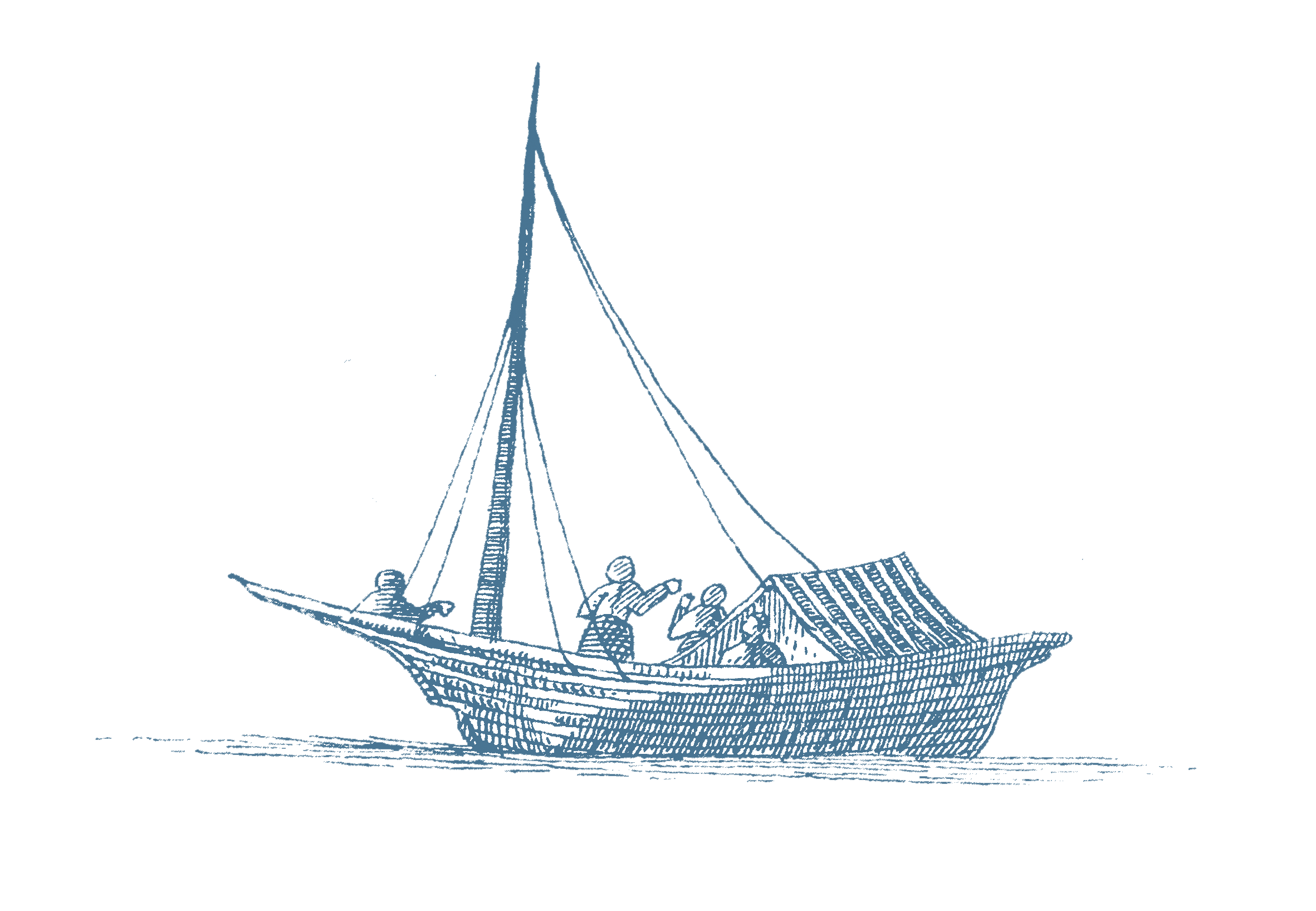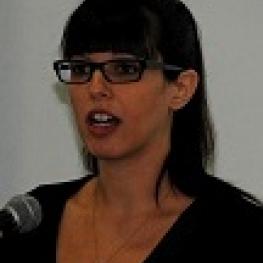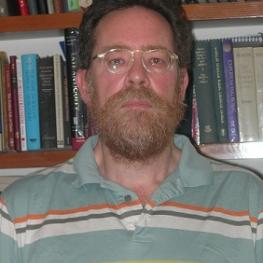Travel Facts, Travel Fictions, and the Performance of Jewish Identity

2011–2012
Since Homer sang of Odysseus’s return from Troy to his kingdom in Ithaca, or the Bible recounted Abraham’s emigration from Ur, the Exodus from Egypt, or the exploration and conquest of Canaan, the travel narrative has held a privileged place in the social and cultural imagination of many cultures. In fact, a famous midrashic gloss on the term Abram the Hebrew (Ha-‘ivri) (Gen 14:13) describes Abraham as “one who came from across the river,” placing movement at the heart of his identity. Unquestionably, travels of dislocation and return, discovery and conquest, hold a prominent place in formative Jewish and non-Jewish fictions of identity. What is it about travel writing that enables it to become one of the central cultural mechanisms for exploring and shaping themes and fantasies of identity? The fellowship year asked twenty fellows to journey to Philadelphia to explore the theme. The inherent richness and diversity of travel writing made it a perfect venue for an interdisciplinary approach. Travel writing as a genre became a lens through which the scholars looked at Jewish representations of their own home in contrast with other, stranger worlds, and from these recountings we get a sense of how the traveler is always at the same time traveling inward, exploring and inventing a particular sense of self. The research projects themselves covered a vast swath of time and space—touring popular martyr sites in the Holy Land, travel diaries from Baghdad, contemplating the meaning of school trips to Auschwitz, the fear of New World savages from the Age of Exploration, and medieval Jewish traders in India. A volume representing some of the finest work from the year is being edited by Joshua Levinson and Orit Baskin.




























